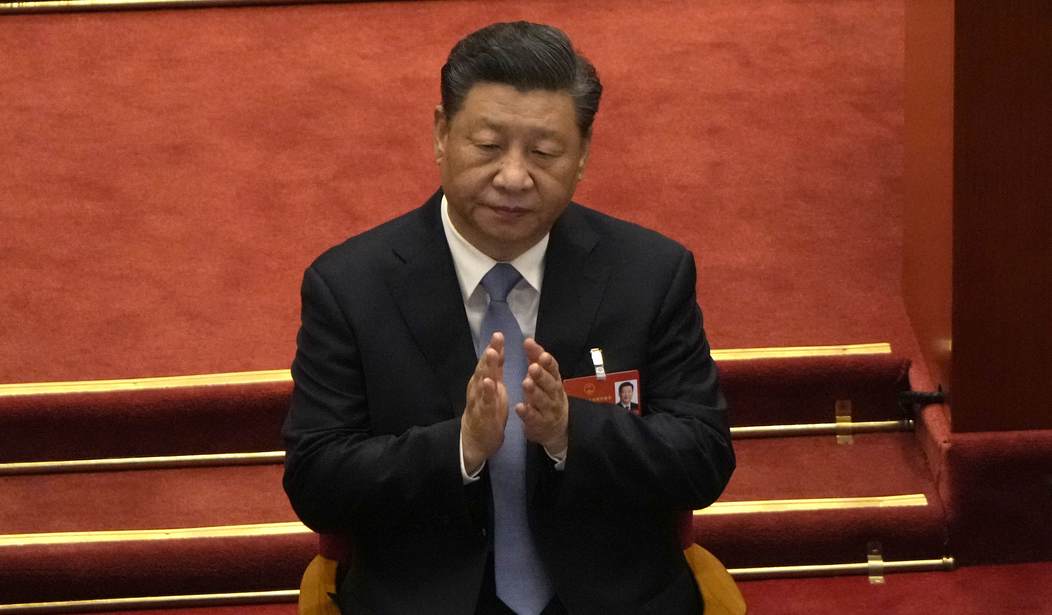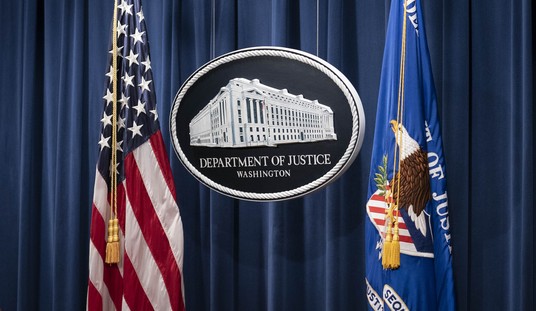You have to give those Chinese Communist censors their props. One of the most popular topics on Chinese social media sites doesn’t exist according to the censors, and they’re bound and determined to keep it that way.
The topic is #stopmortgagepayments and refers to the growing boycott by homeowners who are refusing to pay mortgages on homes that were presold to buyers. The homes have not been completed for a variety of reasons, and the eminently practical Chinese don’t see why they should be paying for a house that doesn’t exist.
Home buying in China is a little different from what it is in America. Homebuyers typically take out a mortgage to pay for a property that has not yet been completed — a necessity given the extremely tight home market. But the projects are starved for cash, and the developers are finding it difficult to get loans.
There has already been at least one bailout of developers in Zhengzhou, and several banks are threatened by the property slump. “The boycott has spread to more than 300 property projects in China as of Sunday from 200 projects last week, according to a crowdsourced document titled ‘WeNeedHome,'” according to the Financial Times.
The action has raised concerns of default risk at banks. Last week, financial regulators rushed to stamp out the broad panic over the system’s financial health by asking banks to disclose the degree of their mortgage exposure. Sixteen listed banks revealed that a small portion of loans were vulnerable to damage.
The Zhengzhou city fund aims to help “revitalise problematic property projects and rescue developers with difficulties”, Henan Asset Management said, without revealing the fund’s size.
Zhengzhou, the capital city of Henan province, is the most exposed to the mortgage revolt out of 91 affected cities, according to data compiled by researchers at E-House China Enterprise Holdings, a real estate services company.
Property sales are down for the 10th month in a row as the real estate sector deals with mounting liabilities, a slowing economy, and softening demand. A recent report from financial services giant UBS projects the crisis getting worse, wiping $1 trillion from the global market.
Some experts see parallels between the Lehman Brothers meltdown in 2007, which led to the deepest recession in the U.S. in several decades, and the Chinese real estate crisis today. What started as a local problem with one developer — Evergrande Group — threatens to engulf several major developers and China’s largest banks.
Naturally, China’s Communist leadership is desperate to keep a lid on this news. Not only is the CCP trying to prevent a panic, but there’s also a leadership election later this year, and President Xi can ill-afford any major unrest.
Censors are scrambling to filter or erase details of angry homebuyers threatening to stop paying mortgages on hundreds of unfinished housing projects, as regulators seek to reassure residents that everything will be taken care of.
The protests have erupted at a sensitive time for Beijing. Chinese President Xi Jinping is expected to secure a third leadership term at the 20th Communist Party Congress later this year, and social stabililty is crucial ahead of the meeting.
In a bid to appease protesters and contain the crisis, regulators and local governments have stepped up efforts to reassure critics that projects will be completed.
The banking authority has encouraged lenders to extend loans to projects, and districts – including in Henan province and the city of Chongqing – have set up task forces.
Keeping Chinese citizens in the dark is getting harder all the time.
On the social media platform Weibo, the hashtag #stopmortgagepayments has been censored, according to a search by Reuters. A notice says: “Due to related laws and rules, the topic page cannot be displayed.”
Other videos that were blocked or deleted from social media sites included scenes of empty construction sites, protesters scuffling with bodyguards, and analyst commentaries on the boycott movement, underscoring the sensitivity of the issue.
Another protester told Reuters he could not share videos related to the crisis via China’s most popular messaging service, WeChat.
Try as they might, the Chinese government can’t entirely block news of the unrest. But judging by the lack of information on social media sites in China, citizens really have to look hard to find out what’s happening.










